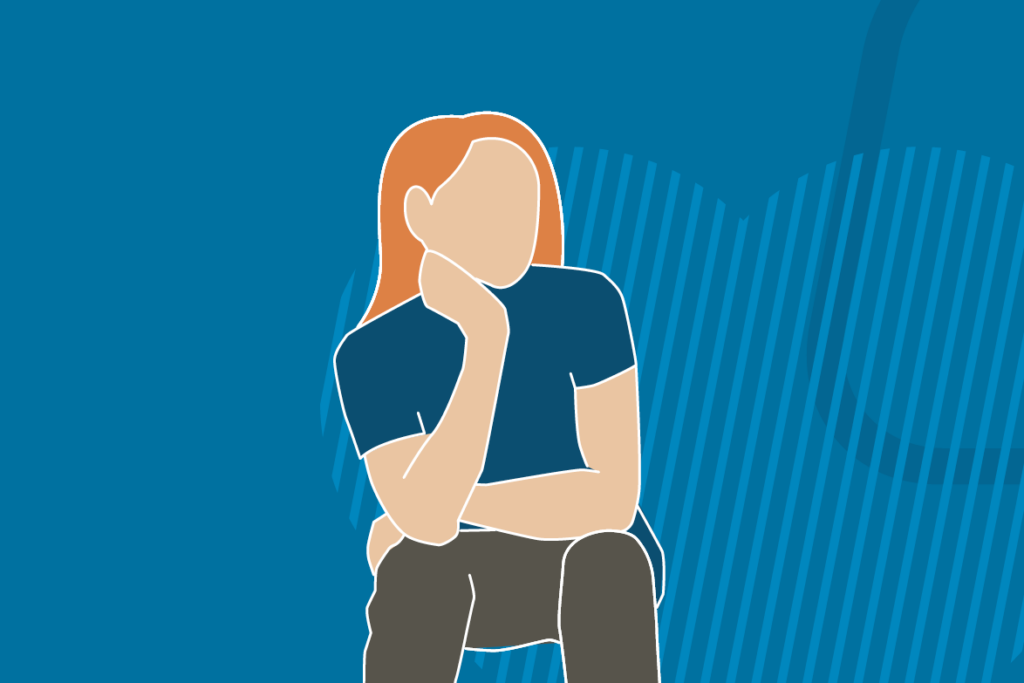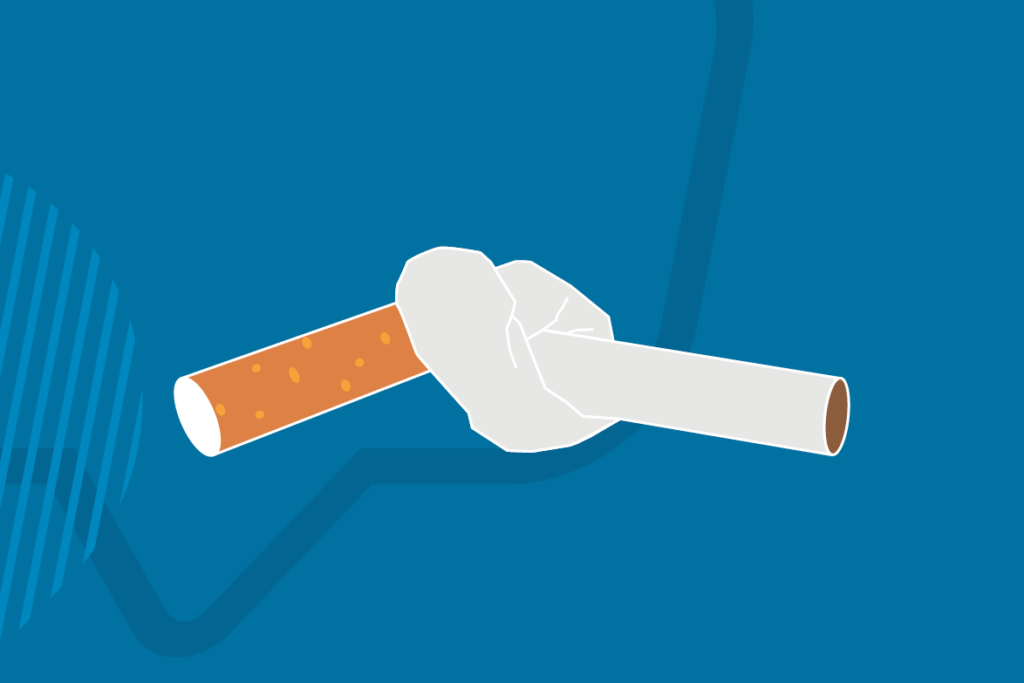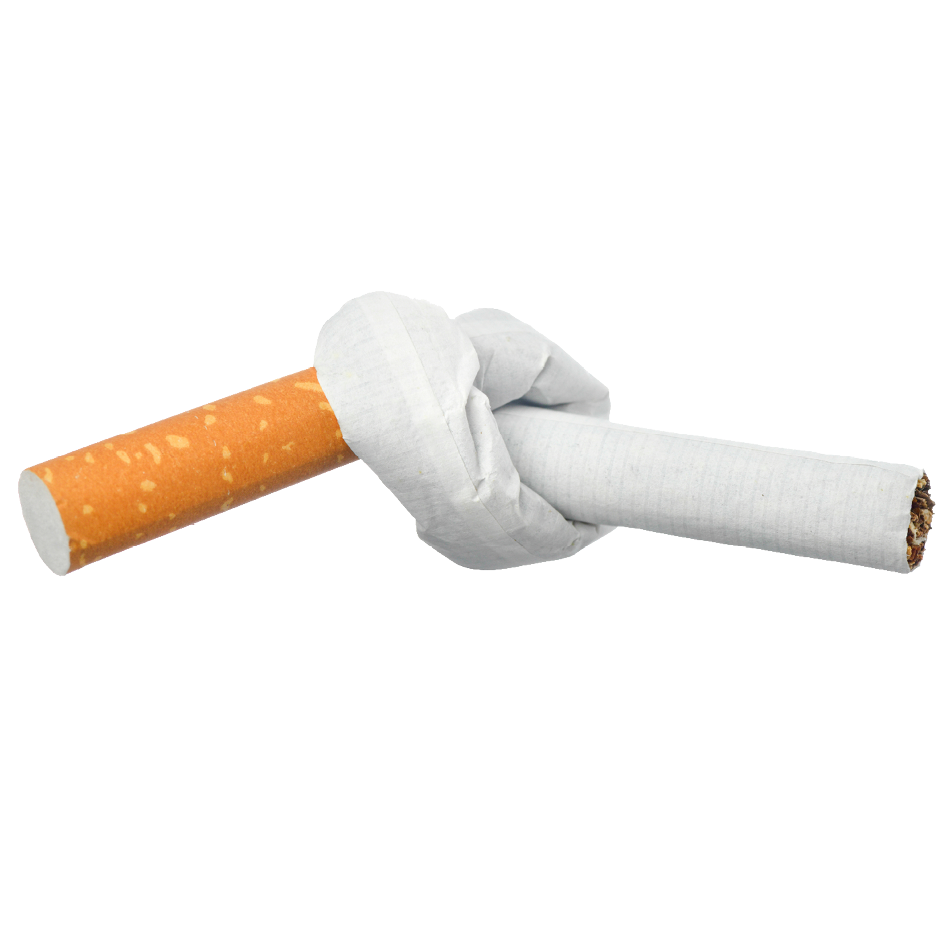Freeing yourself
The search for pleasure drives us, makes us face challenges and overcome hurdles. If we reach our reward, this makes us satisfied. In the brain the “happy” hormone dopamine provides us with a pleasurable sensation, leaving a warm memory in its wake. In this way we learn about what we enjoy, and strive for the next reward.
Tobacco, alcohol and sugar also activate pleasure hormones – without much effort. There’s a strong temptation to take the easy path to “rewarding” yourself. But the pleasurable sensation wears off with each repetition; you have to take more, even when this is damaging your health. When consumption become automatic, it’s not enjoyment but compulsion that takes centre stage.
Dependencies don’t just spring up overnight. They creep up on you. To be aware of and understand your own patterns of consumption helps you to take back control and to develop strategies to find different ways to reach contentment.
Warning signs of addictive behaviour

AAddiction can show itself in different ways. Medical professionals talk about addiction when at least three of the following criteria are fulfilled.
- Heavy consumption: irresistible urge to repeat consumption
- Loss of control: no control over the place, time, amount and frequency of consumption
- Development of tolerance: increase in the amount to achieve the same effect
- Withdrawal behaviour: physical complaints as a reaction to non-consumption
- Social withdrawal: neglect of other interests
- Inability to abstain: continuing consumption despite clearly damaging effects
Are you looking for help for yourself or other family members? Here you can find professional help centres and self-help groups near you:
The German Central Office for Addiction Issues (DHS)
https://www.dhs.de/service/suchthilfeverzeichnis
The self-help database for national contact and information centres to encourage and support self-help groups (NAKOS)
https://www.nakos.de/adressen/datenbanksuche/
Tips for giving up smoking

There are many reasons to stop smoking: physical fitness, improved health, greater well-being. For those who have made a firm resolution to give up, the following tips can make the process a bit easier:
- Prepare yourself for stopping: plan to do it during a stress-free period, identify situations you should avoid, when you tend to reach for a cigarette, and motivate yourself.
- Seek out support: make use of offers of professional advice, and let your family, friends and colleagues know beforehand.
- Keep yourself busy: lots of activity gets you fit and fosters the release of pleasure hormones. This helps you deal with withdrawal symptoms.
- Pay attention to what you eat: keep your hands and mouth occupied by eating fruit or vegetables. In case of hunger pangs, at least opt for low-sugar and low-calorie alternatives.
- Reward yourself: take time out for relaxing and set aside specific times for the things that make you feel good.


